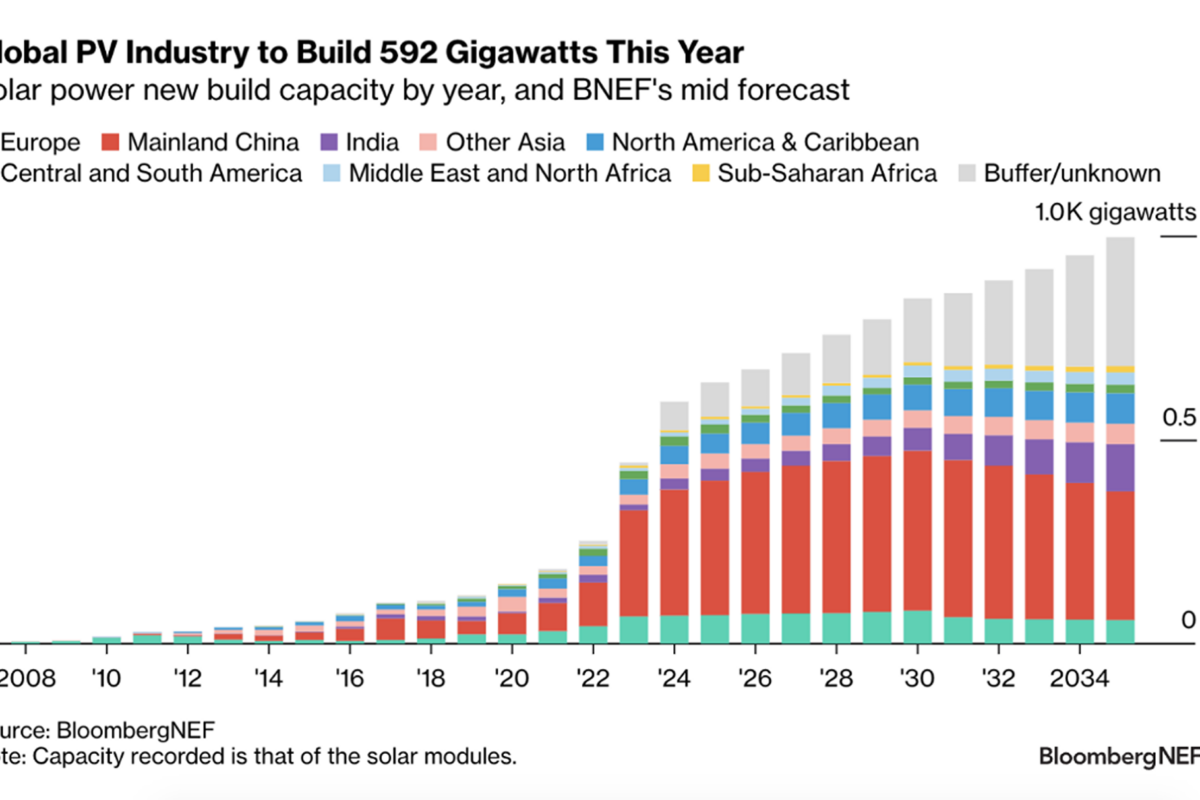A blockchain-based marketplace in renewable energy certificates (RECs) has been launched in Singapore, looking to help local and international organizations meet their sustainability goals.
The platform was launched by SP Group, which owns and operates electricity and gas transmission and distribution businesses in Singapore and Australia.
“Through blockchain technology, we enable companies to trade in renewable energy certificates conveniently, seamlessly and securely, helping them achieve greener business operations and meet their sustainability targets,” SP’s Chief Digital Officer, Samuel Tan said.
Blockchain, an immutable distributed ledger of transactions, is believed to hold big potential for streamlining the REC administration process, given that current systems for RECs and carbon credits are mostly hindered by long and costly audits.
By implementing blockchain, the accounting process for trading REC is replaced by a transparent, auditable and automated record, potentially paving the way to the greater integration of renewable energy sources on the electricity grid.
SP Group has opened its platform for all types of companies – regardless of size, business or location, with first users already on board.
Singapore-based real estate company City Developments Limited and DBS Bank signed up as first buyers of certificates. Solar developers Cleantech Solar Asia and LYS Energy Solutions, with local and regional solar assets, meanwhile, have signed a collaboration with SP to place their solar assets on the marketplace for the sale of RECs.
“By having our 120 solar sites in Asia on board this platform, we can now allow consumers, who are unable to generate their own renewable energy, another reliable solution to achieve their clean energy goals,” said Raju Shukla, Executive Chairman, Cleantech Solar Asia.
Katoen Natie Singapore, a global chemical logistics company, which is launching Singapore’s largest single unit rooftop solar facility at a warehouse, has also registered as a REC seller.
“We are very excited to be part of the SP REC marketplace. We are launching a 6.8 MWh Solar Power Facility in Singapore this week. The SP REC marketplace gives Katoen Natie access to a broader ecosystem to drive sustainability,” said Koen Cardon, CEO of Katoen Natie Singapore.
Overall, the concept of trading RECs on a blockchain-based platform is considered attractive, as it offers an opportunity even for small rooftop solar installations to participate in REC markets based on the peer-to-peer trading model.
A similar platform has been developed in the U.S. to enable tracking and trading of RECs at the kilowatt-hour scale. The project has been initiated in partnership between the Energy Web Foundation and PJM Environmental Information Services, a subsidiary of grid operator PJM Interconnection.
Another blockchain project, related to tracking and trading carbon offsets, is being run in a solar PV and battery equipped garage in the city of Santa Clara, California.
In this case, blockchain tracks how much power is generated and used by electric vehicles at the garage, and automatically digitalizes and issues low carbon credits that are sold to big firms seeking to offset their carbon emissions. Perth-based blockchain startup Power Ledger and Chicago-based startup Clean Energy Blockchain Network are behind the project in partnership with municipal utility Silicon Valley Power.
This content is protected by copyright and may not be reused. If you want to cooperate with us and would like to reuse some of our content, please contact: editors@pv-magazine.com.




5 comments
By submitting this form you agree to pv magazine using your data for the purposes of publishing your comment.
Your personal data will only be disclosed or otherwise transmitted to third parties for the purposes of spam filtering or if this is necessary for technical maintenance of the website. Any other transfer to third parties will not take place unless this is justified on the basis of applicable data protection regulations or if pv magazine is legally obliged to do so.
You may revoke this consent at any time with effect for the future, in which case your personal data will be deleted immediately. Otherwise, your data will be deleted if pv magazine has processed your request or the purpose of data storage is fulfilled.
Further information on data privacy can be found in our Data Protection Policy.